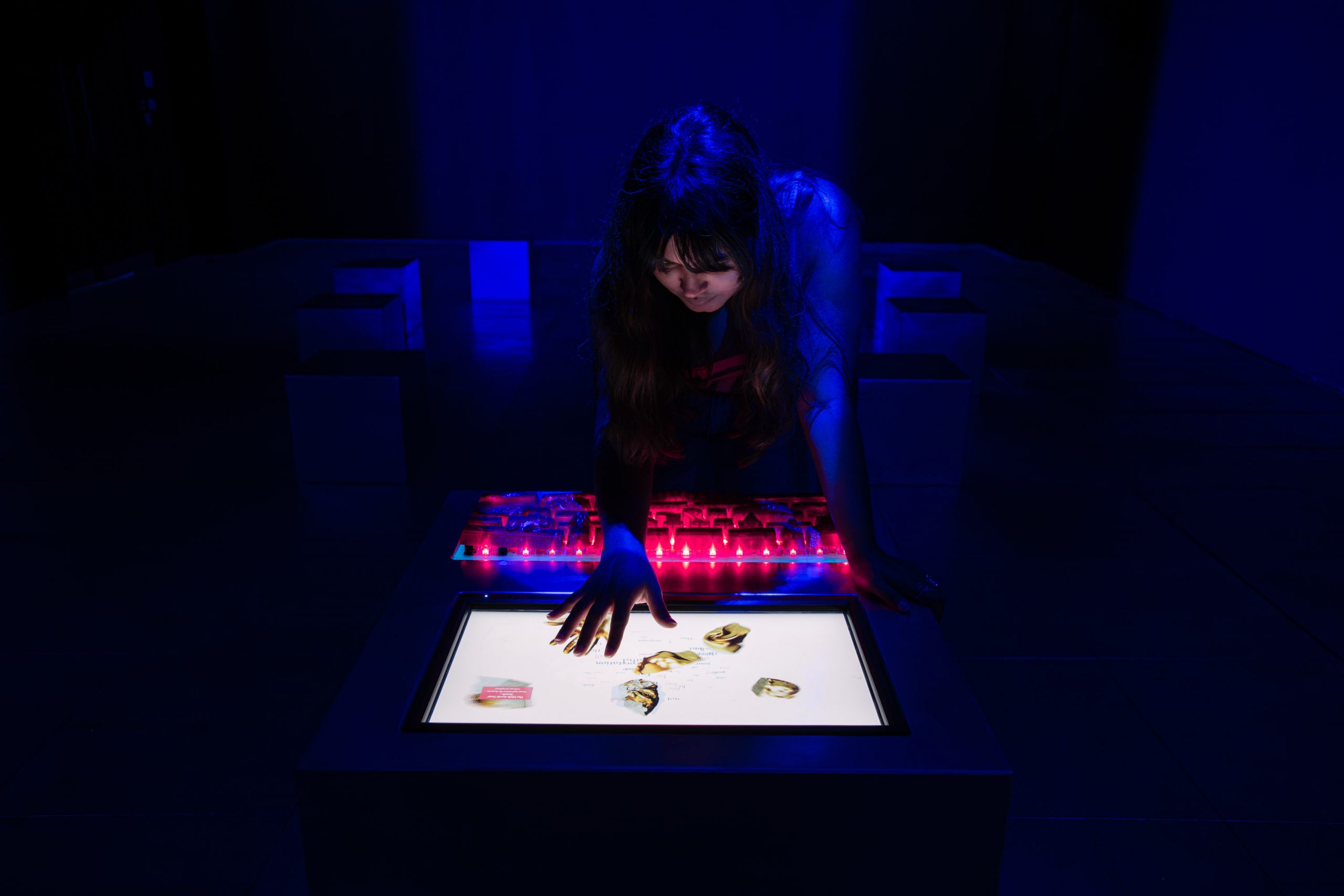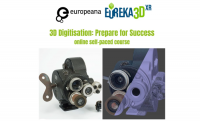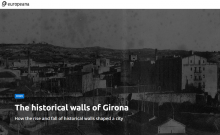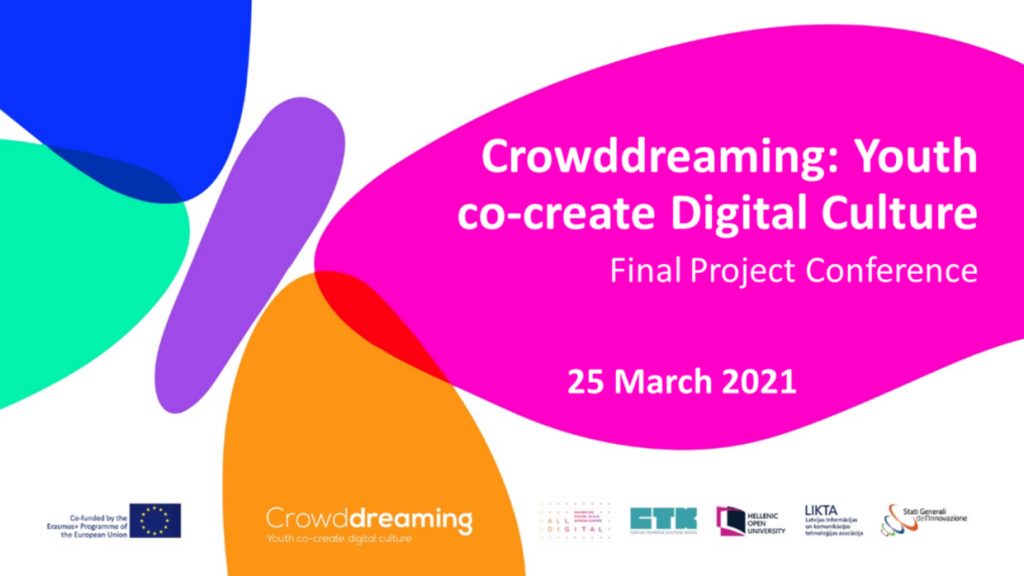
Cultural heritage was put in the spotlight in 2018 with European Year of Cultural Heritage that saw thousands of events and millions of people engaged across the European continent. But it didn’t stop there. Successes from 2018 and new policy document (e.g. New European Agenda for Culture) have strengthened other dimensions of cultural policy and also cultural heritage.
Here our story begins. Crowddreaming: Youth Co-Create Digital Culture (CDDC) is an Erasmus+ project that started 2 years ago. We scaled up an Italian good practice and developed a methodology to use digital cultural heritage as a mean for inclusive education and the promotion of European values among youngsters.
The online event will present how more than 1600 students from Croatia, Greece, Italy and Latvia under the mentorship of 90 teachers and support by tutors dived into their local history and explored how it connects to other European nations. The results of their work is a digital monument Europa Square. It hosts 80 digital thankyou scenes created by youngsters. You will not only learn about the Crowddreaming methodology that enabled this but also explore the Europa Square yourself.
To register please click on this link by 23 March. A personal link will be sent to you closer to the event date with the access details to the event platform.
The conference will also bring together representatives of policy makers and representatives of the civil society organisations who will discuss why we need a stronger collaboration between cultural and education sectors and how to ensure it. The tone of the event will be set by aspiring keynotes from two renowned experts in innovation in digital cultural heritage. More information about the speakers is available here.
Programme of the conference:
14:00 – 14:15 Welcome and Introduction to the conference
Achilles Kames, Chair of the Board, ALL DIGITAL aisbl
14:15 – 14:45 Keynotes
Cultural heritage and innovation: What does the future bring?
Matevž Štraus, ID20
Augmented reality, cultural heritage and education
Gunnar Liestøl, Professor, Dept. of Media & Communication, University of Oslo
14:45 – 15:00 Presentation of the CDDC policy recommendations
Borut Cink, CDDC project coordinator, ALL DIGITAL aisbl
15:00 – 16:00 Panel debate: Cultural heritage, education and digitalisation: What lies ahead?
- Member of European Parliament (tbc)
- Michael Teutsch, Head of unit for schools and Multilingualism, DG EAC, European Commission
- Marianna Marcucci, Co-Founder, Invasioni Digitali
- Brikena Xhomaqi, Director of Lifelong Learning Platform (LLLP)
Moderator: Altheo Valentini, General Director, EGINA Slrl
16:00 – 16:15 Coffee Break
16:15 – 16:45 Presentation of the project results and introduction to the Europa Square Platform
Paolo Russo, Secretary General, Stati Generali dell’Innovazione
16:45 – 17:15 Europa Square experience
Virtual reality experience of the Europa Square
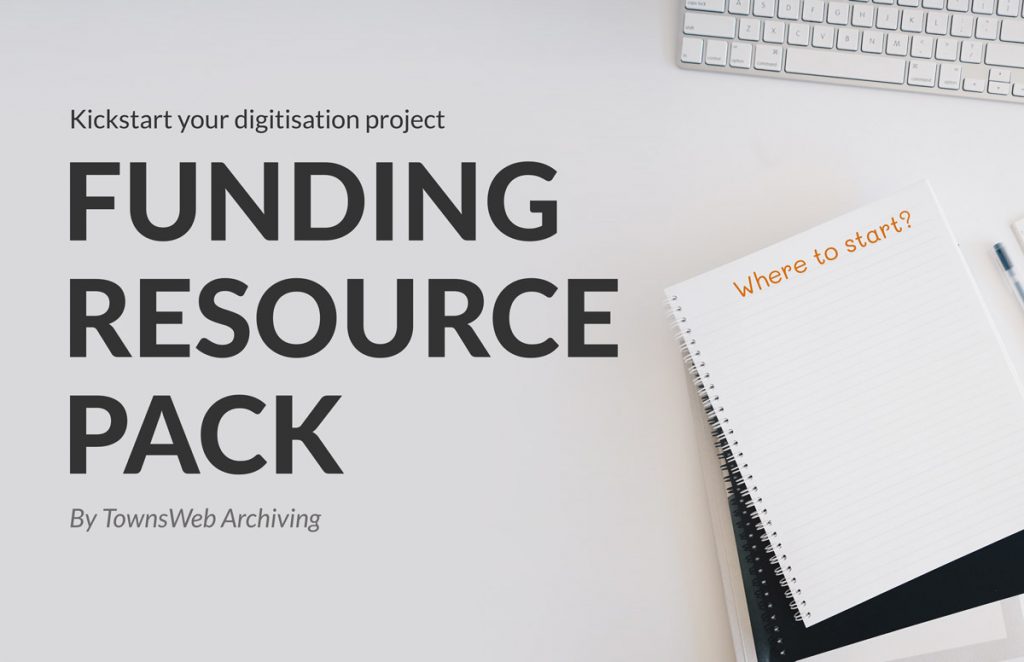


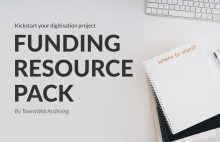
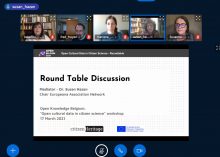
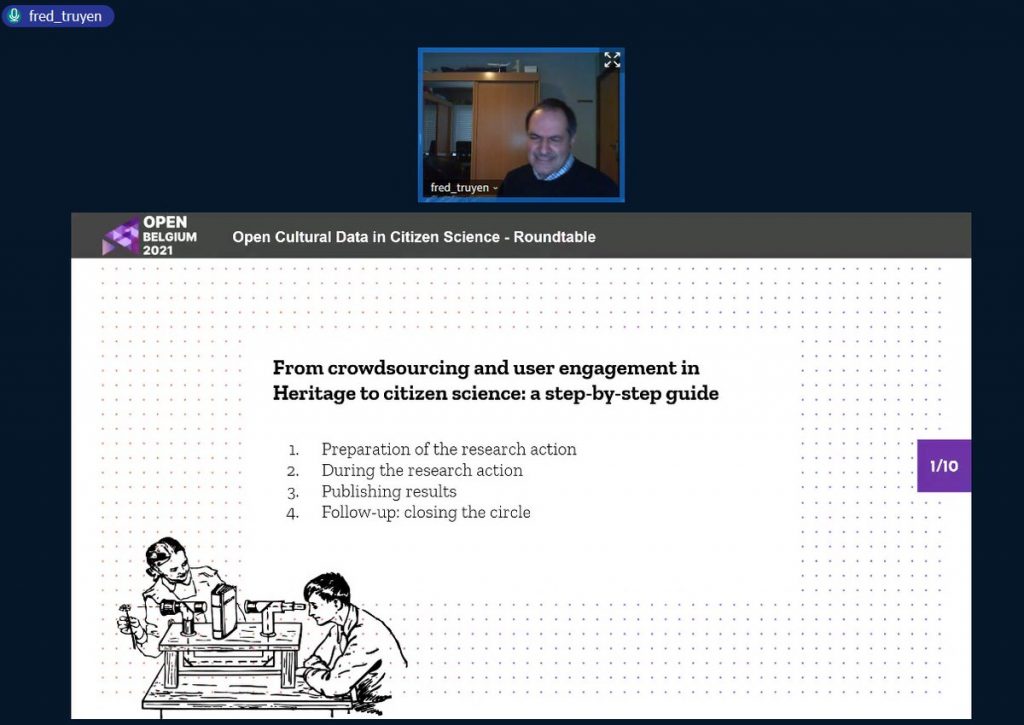
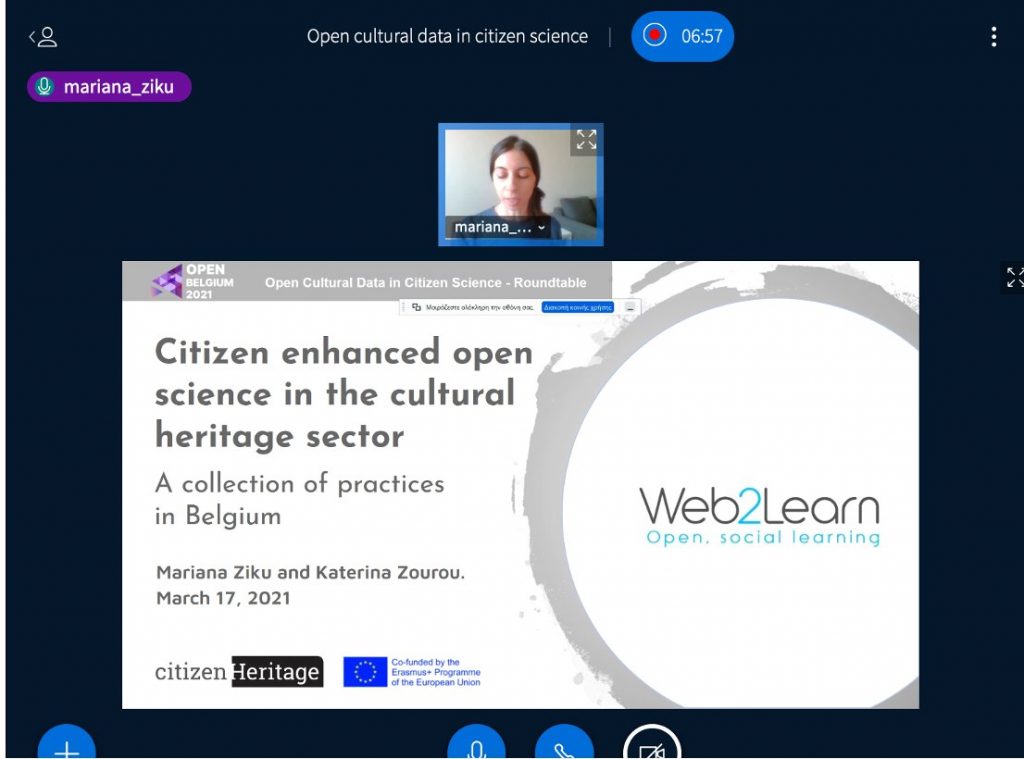
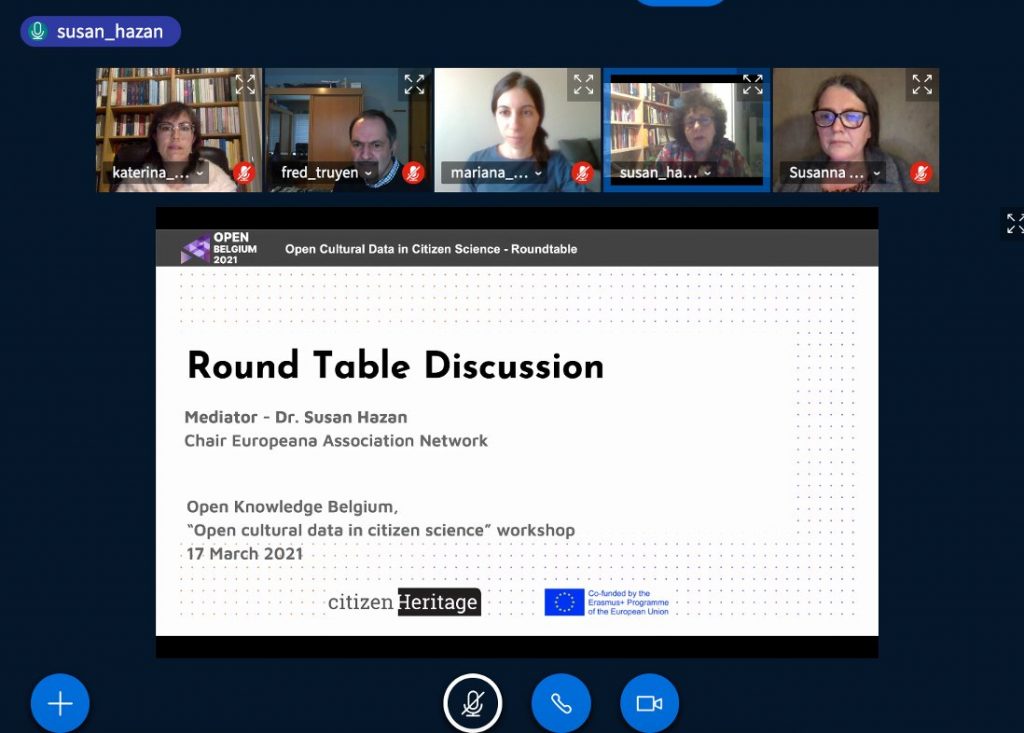
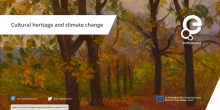
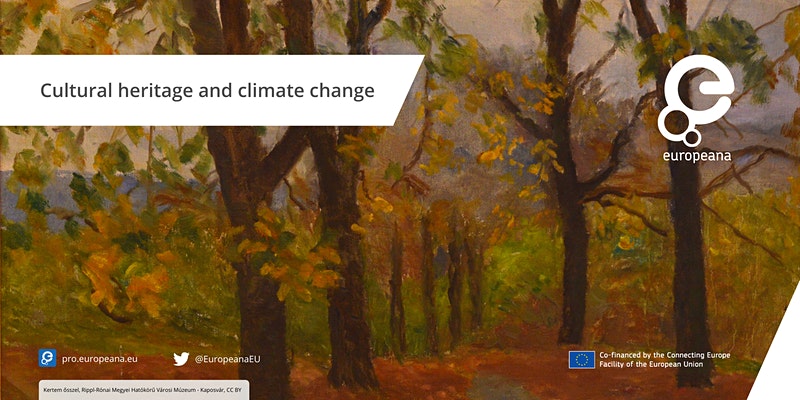







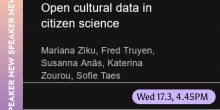
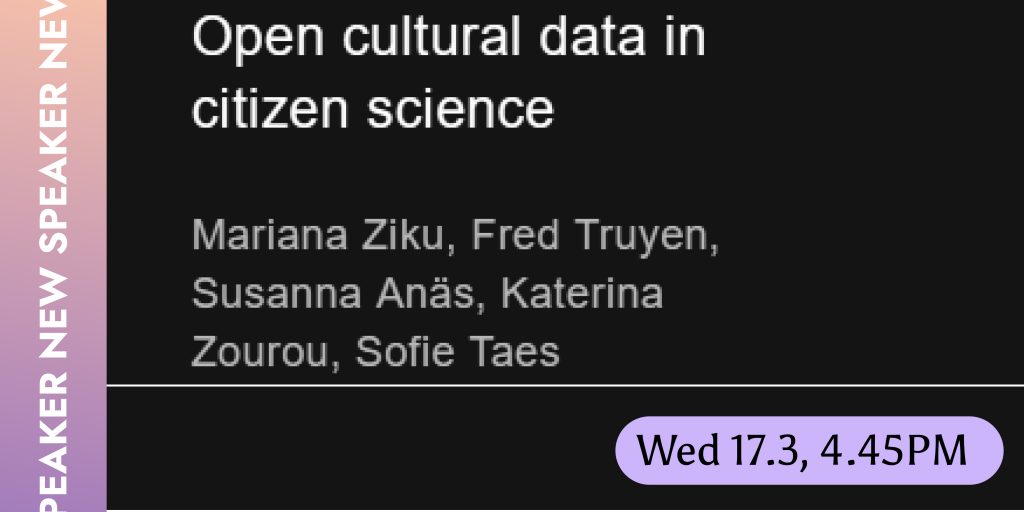
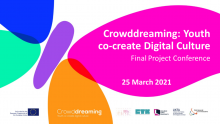

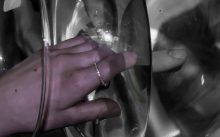
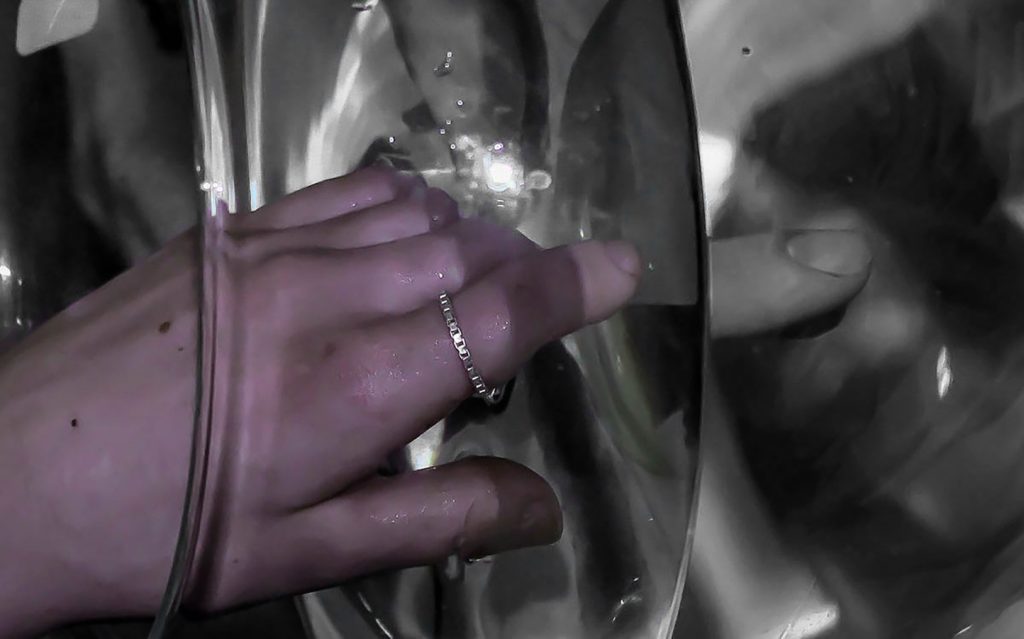


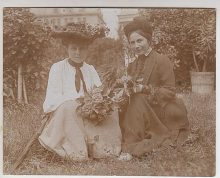
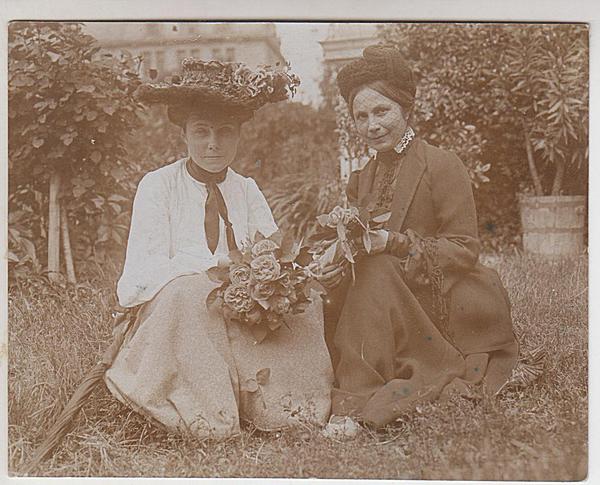
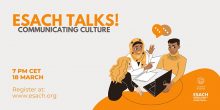
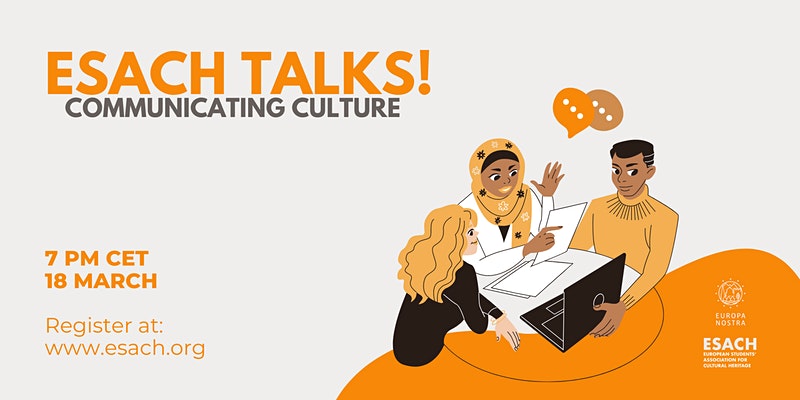 The sixth ESACH Talk, will be centered on communicating culture, with focus on innovative perspectives on the following topics:
The sixth ESACH Talk, will be centered on communicating culture, with focus on innovative perspectives on the following topics:
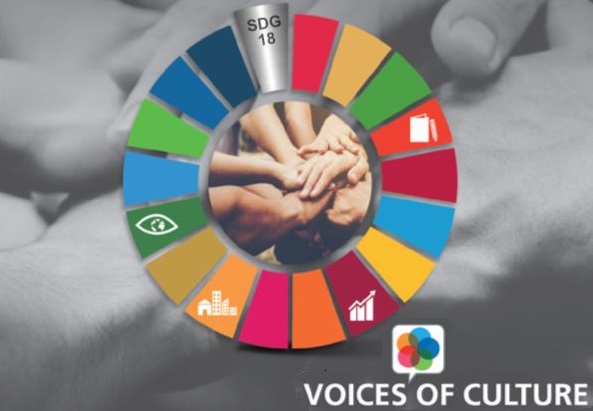 The report “Culture and the United Nations Sustainable Development Goals: Challenges and Opportunities” is the result of Brainstorming Meetings organized to allow the debate between the European Commission and the cultural sector, represented by a group of experienced professionals in Europe.
The report “Culture and the United Nations Sustainable Development Goals: Challenges and Opportunities” is the result of Brainstorming Meetings organized to allow the debate between the European Commission and the cultural sector, represented by a group of experienced professionals in Europe.